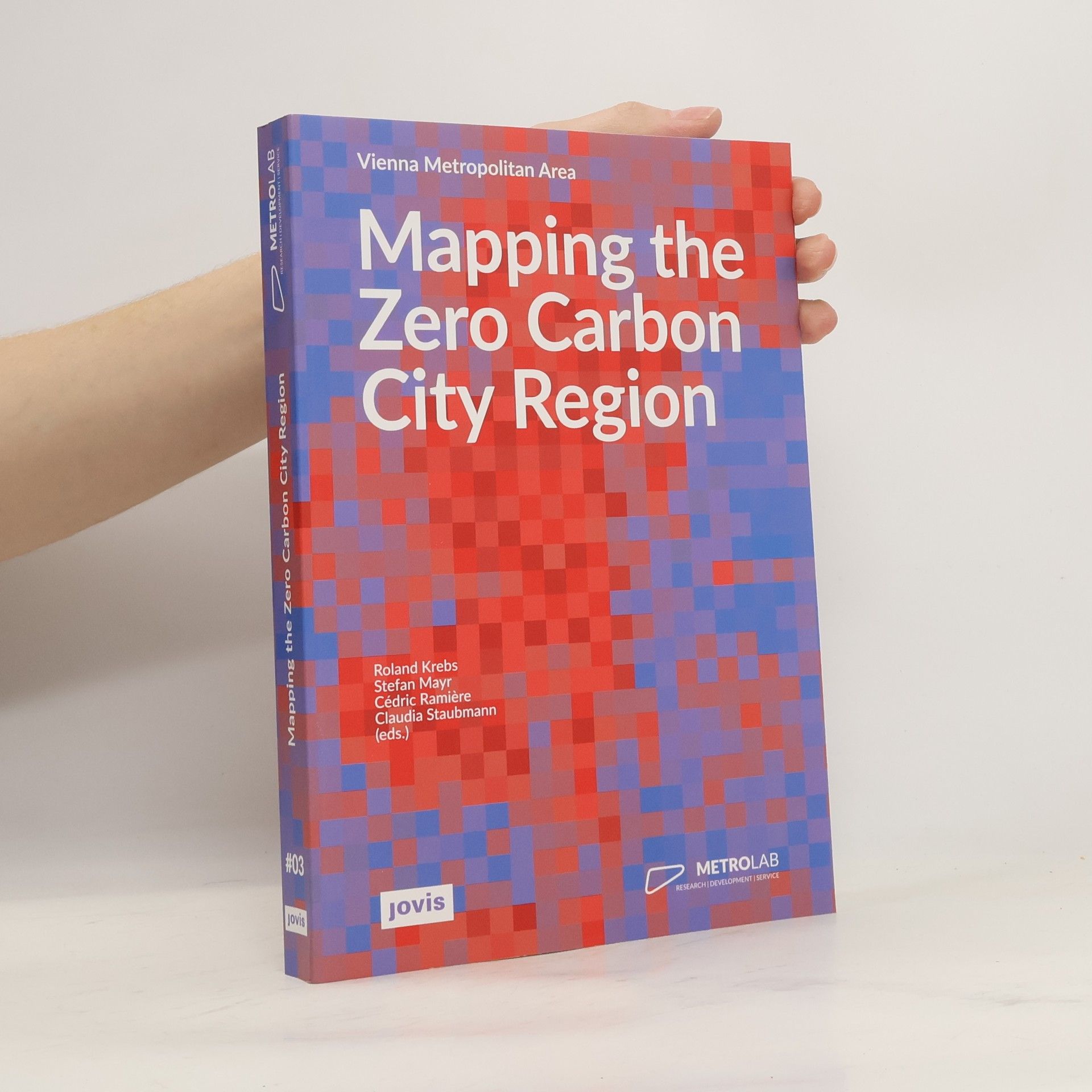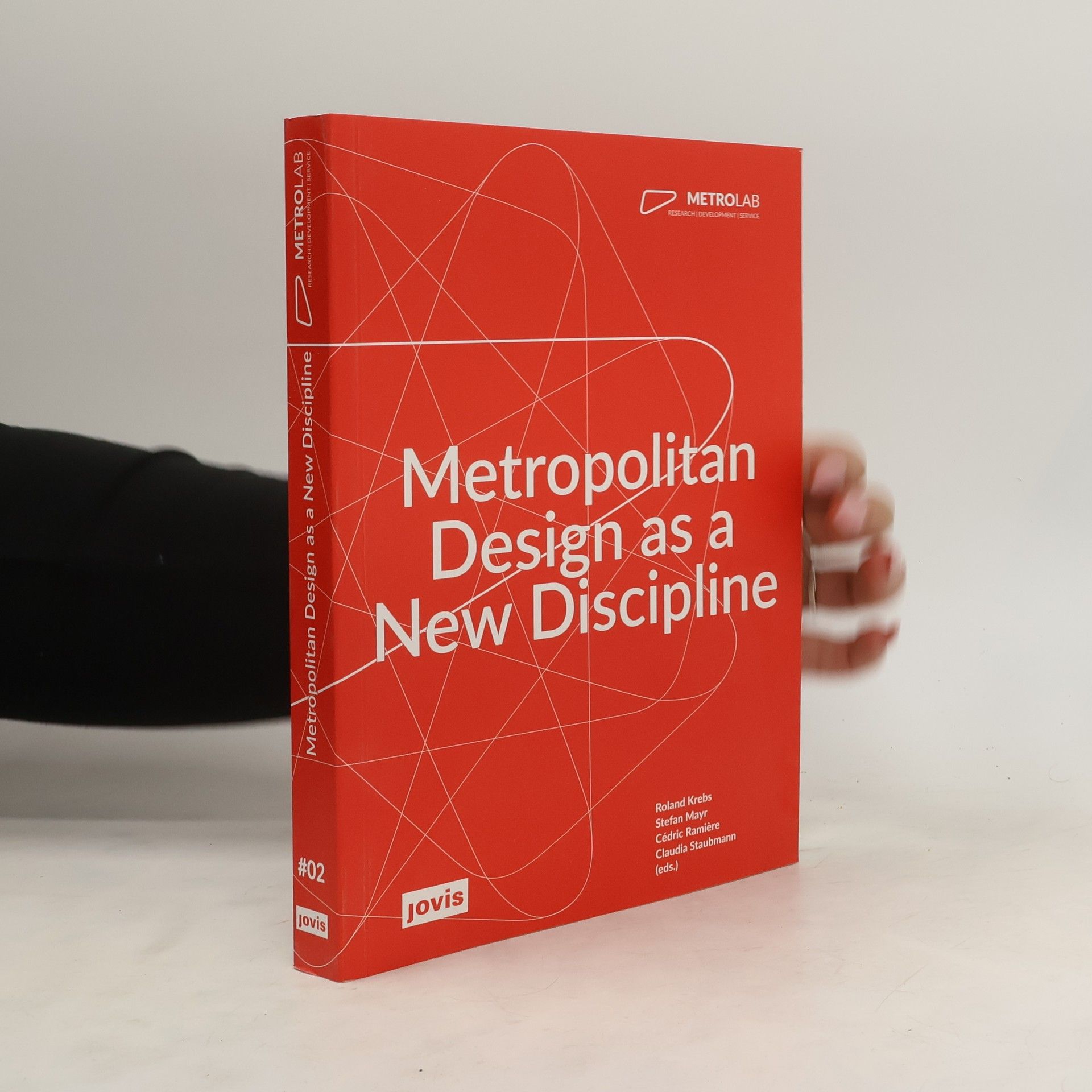Metrolab - 3: Mapping the Zero Carbon City Region
Vienna Metropolitan Area
- 304 pages
- 11 hours of reading
Der Klimawandel wirkt sich auf die Städte und ihre umliegenden Regionen erheblich aus und verdeutlicht die Notwendigkeit neuer Zukunftsvisionen für viele unserer Lebensbereiche. Ausgehend von früheren Arbeiten auf dem Gebiet der Stadtplanung und -gestaltung hat MetroLab eine visionäre kartografische Darstellung entwickelt, um die Klimakrise auf städtischer Ebene anzugehen. Sie soll den tatsächlichen Handlungsbedarf ermitteln und neue Wege aufzeigen - und dies mit einem besonderen Schwerpunkt auf der Großstadt-Region Wien. Die kreative kartografische Darstellung offenbart vielschichtige räumliche Phänomene, funktionale Verknüpfungen und räumliche Beziehungen zwischen der Stadt und ihrem Umfeld, indem sie die auffälligsten Trends visuell vermittelt und veranschaulicht, wie sich Klimaziele durch eine integrierte, grenzüberschreitende Entwicklung erreichen lassen. - Innovativer Ansatz für die Regional- und Stadtplanung - Kartografische Darstellung als wesentliche Methode für eine integrierte Entwicklung - Entwickelt von MetroLab, Wiens preisgekröntem Think Tank für Stadtgestaltung



